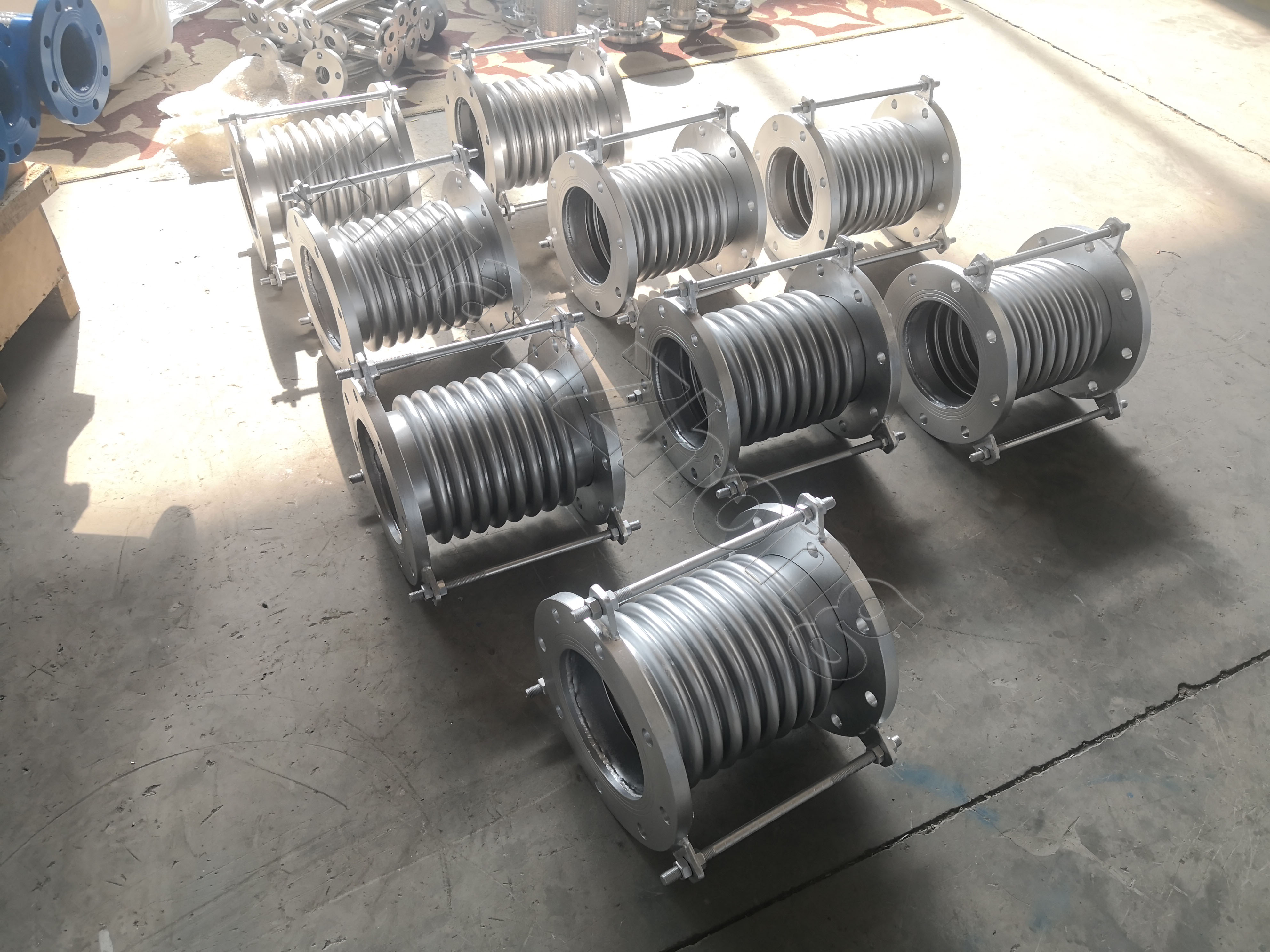Stainless steel metal expansion joints must pay attention to which of these?
Stainless steel metal expansion joints must pay attention to which of these? When it comes to stainless steel metal expansion joints, there are several key factors that need to be taken into consideration. These include design, material selection, installation, maintenance, and quality control. Let's delve into each of these aspects in detail.
Design: The design of stainless steel metal expansion joints plays a crucial role in their performance and longevity. Factors like pressure, temperature, movement capabilities, and corrosive environment must be considered during the design process. It is important to engage experienced engineers or consultants with expertise in expansion joint design to ensure optimal performance.
Material Selection: Choosing the right material is essential to ensure the durability and functionality of stainless steel metal expansion joints. Opt for high-quality stainless steel alloys that are resistant to corrosion, such as 304 or 316 stainless steel. The material should be able to withstand the intended operating conditions, including temperature variations and exposure to chemicals or abrasive media.
Installation: Proper installation is necessary to prevent premature failure and ensure reliable operation of stainless steel metal expansion joints. Follow manufacturer's instructions and guidelines for installation procedures, including correct alignment, positioning, and bolting techniques. Adequate support and anchoring are crucial to avoid overloading and misalignment issues.
Maintenance: Regular inspection and maintenance are vital to preserve the performance and extend the service life of stainless steel metal expansion joints. Inspect for signs of wear, leakage, corrosion, or any other damage. Periodic cleaning to remove debris or dirt buildup is recommended. Proper lubrication of moving parts, such as hinges or bellows, should also be carried out as per the manufacturer's recommendations.
Quality Control: Adhere to stringent quality control measures during the manufacturing process of stainless steel metal expansion joints. This includes conducting thorough inspections, testing raw materials, and monitoring production to ensure compliance with industry standards and specifications. Quality control checks should cover aspects like dimensional accuracy, weld integrity, pressure resistance, and fatigue strength.
Additionally, it is essential to consider factors like proper sizing and selection of expansion joint types (such as axial, lateral, angular, or universal) to suit the specific application requirements. Expertise in various codes and standards relevant to expansion joints, such as EJMA (Expansion Joint Manufacturers Association), ASME (American Society of Mechanical Engineers), or EN/DIN (European/DIN standards), is also crucial.
In conclusion, when dealing with stainless steel metal expansion joints, attention must be given to design, material selection, installation, maintenance, and quality control. By considering these factors diligently, you can ensure the reliability, longevity, and optimal performance of stainless steel metal expansion joints in various applications, including petrochemical plants, power plants, HVAC systems, and industrial piping networks.
